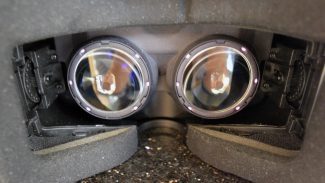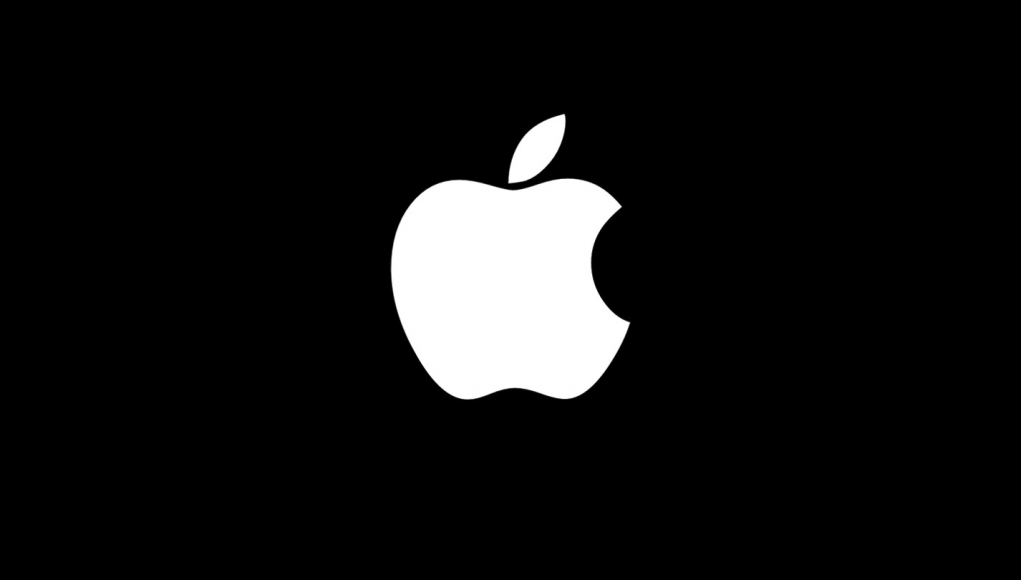A report from MacRumors provides compelling evidence that Apple has quietly acquired SMI, also known as SensoMotoric Instruments, a company specializing in eye-tracking technology.
German-based SMI has specialized in eye-tracking since its founding in 1991. The company has in recent years turned its expertise toward AR and VR, where eye-tracking data can be used for a wide range of useful things from foveated rendering to avatar eye-mapping. The company has demonstrated its eye-tracking solution in the HTC Vive, Oculus Rift, Gear VR, and other head-mounted displays.

MacRumors reports that the company was quietly acquired by Apple sometime between May 2nd and July 26th, 2017. The publication uncovered documents signed by Gene Levoff, Apple’s vice president of corporate law—representing a company called Vineyard Capital Corporation—which signed over power of attorney to German law firm Hiking Kühn Lüer Wojtek to handle the acquisition of SMI by Vineyard Capital Corporation.
Along with Levoff’s signature, the documents being notarized in Cupertino (the location of Apple’s HQ), and corroboration from an anonymous Apple employee, MacRumors concludes that Vineyard Capital Corporation is a shell company that Apple used to hide the acquisition (not an uncommon business tactic).
Not so coincidentally it seems, SMI’s website was recently gutted, now offering no contact information for the company, a complete removal of all information pertaining to product offerings, and a scrubbing of the few pages that remain, including the removal of information about SMI’s management team.
The company’s eye-tracking products and research are not limited only to VR and AR. In SMI has also offered eye-trackers for desktop applications as well as measurement-only head-worn devices for data collection and analysis. Unless Apple plans to integrate eye-tracking technology into its computers or smartphones—an eye-tracking use-case which has seen little to no consumer adoption—the operative use of the company’s tech seems to be aimed at AR or VR.
Earlier this month, Apple for the first time showed a major embrace of VR, revealing that the company had worked with Valve for nearly a year to bring SteamVR to MacOS, and that a number of forthcoming computers would be the first from Apple to be ‘VR Ready‘. Those announcements come alongside longstanding rumors that Apple is developing its own AR headset, an area which the company recently delved deeper into with the reveal of ‘ARKit’, a new augmented reality toolset for building AR apps on iOS devices.






